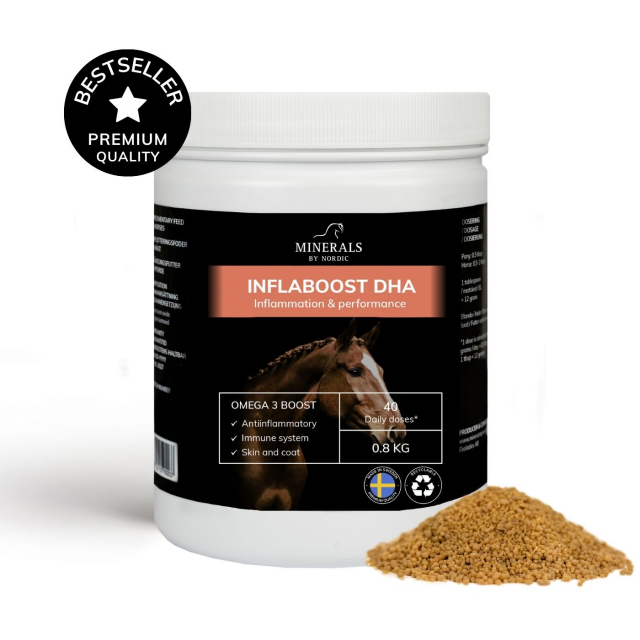What does it mean when a horse has colic?
When a horse has colic, it means that it is experiencing painful abdominal problems. Colic can result from various factors, including digestive issues, intestinal obstruction, or gas accumulation in the stomach or intestines. It is a serious condition that requires immediate veterinary care, as it can lead to severe complications if not treated quickly and properly. The veterinarian can take several steps to treat the horse, depending on the severity of the condition and its cause.
First, a thorough examination of the horse is conducted to assess its overall condition and identify any physical abnormalities or signs of colic. To relieve the horse's pain, the veterinarian may administer painkillers or other medications that are appropriate to reduce the discomfort. If the horse is dehydrated or has fluid imbalances, intravenous fluids are given to restore hydration and prevent dehydration. To relieve gas buildup in the stomach, the veterinarian may use a nasogastric tube to remove excess gas and fluid from the horse's stomach. However, in some cases, especially if there is an intestinal obstruction or other serious complications, surgery may be necessary to correct the problem and save the horse's life.
The veterinarian may prescribe medications to treat any underlying causes of the colic, such as antibiotics to treat infections or other drugs to reduce inflammation and prevent the issue from recurring.
Why do horses get colic?
There are various reasons this can happen, but some of the most common are feed-related causes. Changes in feed, feeding routines, or intake of, for example, too much grain, poor-quality hay, or low-quality feed can lead to digestive problems, which can then result in more severe issues.

 SWE
SWE

 ENG
ENG NO
NO AX
AX DE
DE